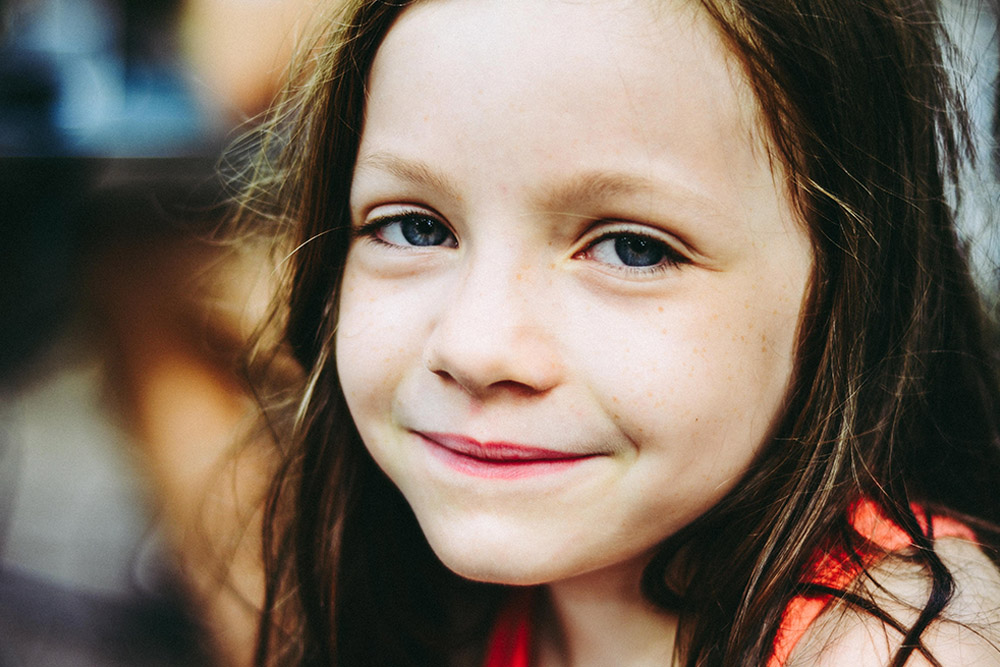ABOUT US
The Problem: Our Kids Need a Refuge!
Madison County ranks among the highest number of children entering foster care per capita in the entire State of Illinois.
Every 72 hours in Illinois, a child dies because of abuse or neglect.
Childhood exposure to violence, abuse and neglect can cause lifelong social, emotional and physical problems if not addressed early.
Over 75% of all children in foster care in Illinois were between the ages of 0-12 in 2019.
What is Child Trauma?
“Child trauma” refers to a scary, dangerous, violent, or life threatening event that happens to a child. This type of event may also happen to someone your child knows and your child is impacted as a result of seeing or hearing about the other person being hurt or injured. When these types of experiences happen, your child may become very overwhelmed, upset, and/or feel helpless. These types of experiences can happen to anyone at any time and at any age; however, not all events have a traumatic impact.
Note: Not all overwhelming or life threatening experiences are considered traumatic. Children interpret their unique experiences differently. A life experience that is traumatic for one child might not be traumatic for another.
How Can Trauma Affect Children?
Many times, children do not immediately appear to be affected by what they saw or heard. We may assume that if they are not talking about what happened then the event must not have left a negative imprint on them. However, even if your children do not show any visible changes in their behavior, the experiences that they have gone through can have a lasting impact. Reactions to a traumatic situation can develop in any child regardless of age, gender, income level or prior emotional health.
Without the proper emotional support, children can begin to show behavioral and emotional difficulties including: difficulty concentrating in school, lowered grades, increased irritation and aggression, withdraw from family members or others, sleeping difficulties, excessive worrying about one’s safety or someone else’s safety in the home, and regressive behaviors (acting younger than ones age).
What is Child Trauma?
“Child trauma” refers to a scary, dangerous, violent, or life threatening event that happens to a child. This type of event may also happen to someone your child knows and your child is impacted as a result of seeing or hearing about the other person being hurt or injured. When these types of experiences happen, your child may become very overwhelmed, upset, and/or feel helpless. These types of experiences can happen to anyone at any time and at any age; however, not all events have a traumatic impact.
Note: Not all overwhelming or life threatening experiences are considered traumatic. Children interpret their unique experiences differently. A life experience that is traumatic for one child might not be traumatic for another.
How Can Trauma Affect Children?
Many times, children do not immediately appear to be affected by what they saw or heard. We may assume that if they are not talking about what happened then the event must not have left a negative imprint on them. However, even if your children do not show any visible changes in their behavior, the experiences that they have gone through can have a lasting impact. Reactions to a traumatic situation can develop in any child regardless of age, gender, income level or prior emotional health.
Without the proper emotional support, children can begin to show behavioral and emotional difficulties including: difficulty concentrating in school, lowered grades, increased irritation and aggression, withdraw from family members or others, sleeping difficulties, excessive worrying about one’s safety or someone else’s safety in the home, and regressive behaviors (acting younger than ones age).
Trauma-Informed Child-Focused Services
Studies have shown that by age four, one out of every four children have either witnessed or experienced an event that could be considered traumatic. Additionally, a child and parent survey of 155 Head Start participants showed that 78% of children and 66% of parents reported that they had been exposed to at least one type of community violence in the form of beatings, shootings, stabbings, or robberies (Holmes, Levy, Smith, Pinne, Neese, 2014).
Early intervention through counseling during childhood can prevent many trauma-related symptoms from developing later in adolescence or adulthood. Counseling at Refuge provides children with the opportunity to openly express their thoughts and feelings in a safe environment. Additionally, Refuge provides parents and caregivers the support and education they need to help their children heal from existing trauma and to prevent additional trauma.
Additional Resources for Caregivers:
Click the links below to be redirected to the resources provided. Need a resource you don’t see here? Contact Us!






